It has so often been said that Indian civilization lacks historical writing and therefore a sense of history that this notion passes for a truism. There has been little attempt to show up the falsity of the generalization. In the present book a magisterial historiographical survey of every major form within which ancient North Indian history is embedded or evident Romila Thapar shows an intellectually dynamic ancient world profuse with ideas about the past, an arena replete with societies constructing, reconstructing, and contesting various visions of worlds before their own.
She argues that to possess history a civilization does not have to reveal writing in forms regarded as belonging to the established genres of history. In fact, a variety of ancient Indian texts reflect a consciousness of history; and, subsequently, there come into existence recognizable historical traditions and forms of historical writing. Both varieties of texts those which reflect a consciousness of history and those which reveal forms of historical writing were deployed to reveal the past, and drawn upon as a cultural, political, religious, or other resource to legitimize an existing social order.
The Vedic corpus, the Ramayana, the Mahabharata, the itihasa-purana tradition, the Buddhist and Jaina canons, the hagiographical and biographical literature, the inscriptional evidence, a variety of chronicles, and dramatic forms such as the Mudrarakshasa are all scrutinized afresh in this book: not as sources for historical data, but instead as a civilizations many ways of thinking about and writing its history.

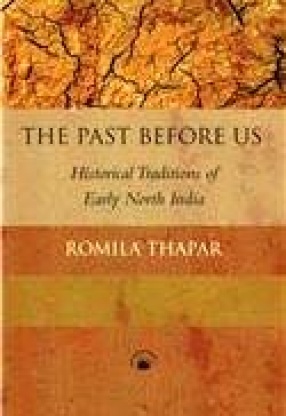
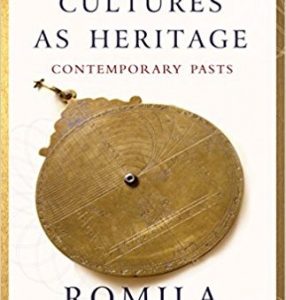
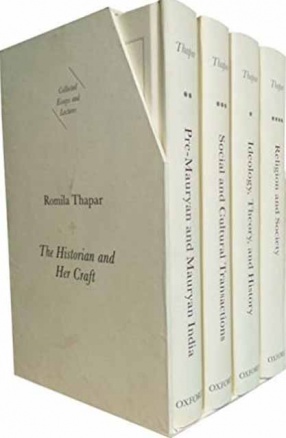
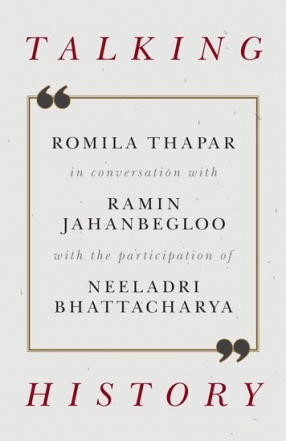

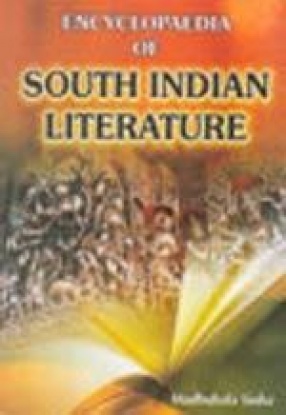
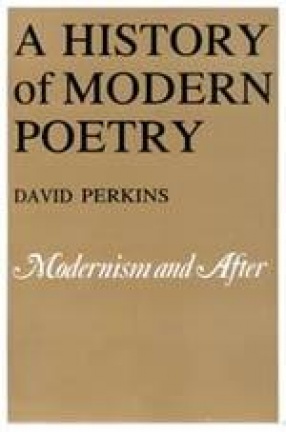
There are no reviews yet.